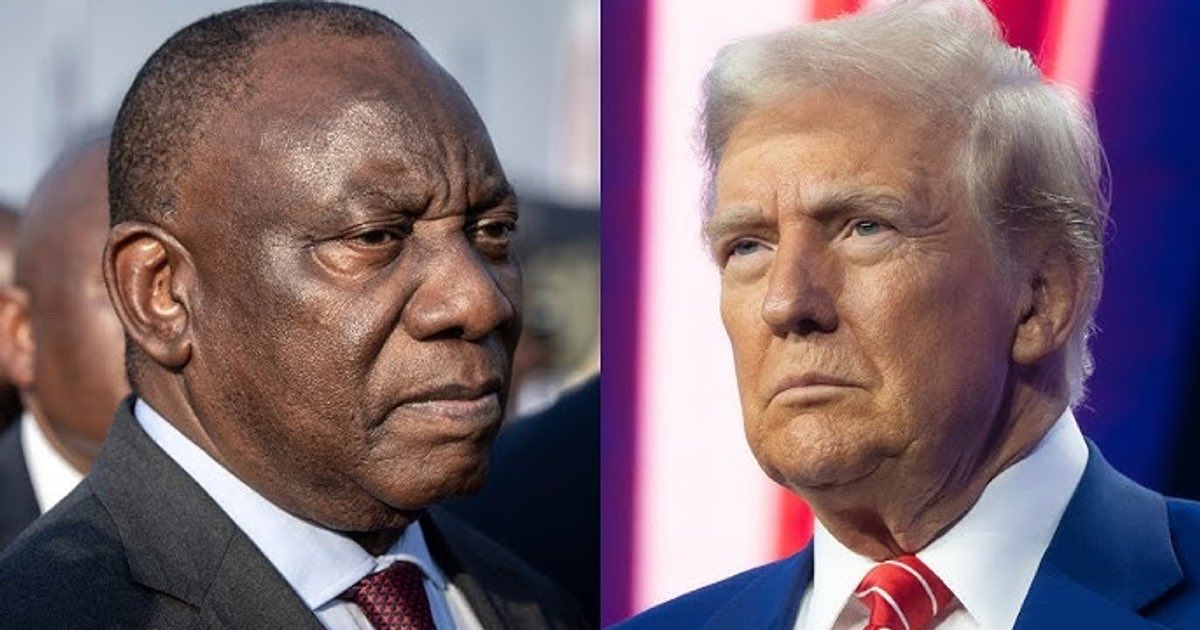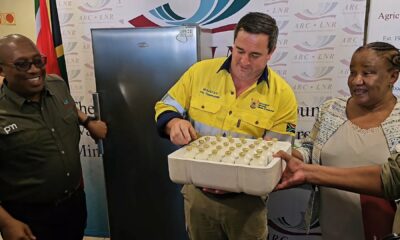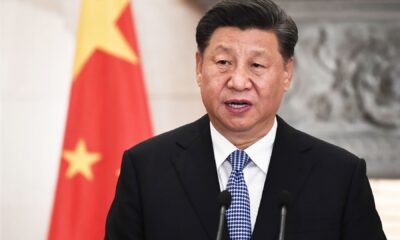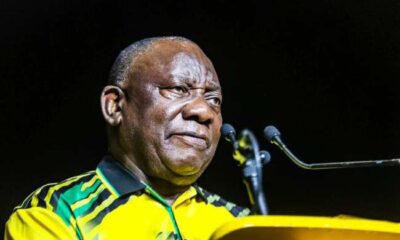News
South Africa Left Out in the Cold as US Tariff Deadline Hits

With no trade deal in place, Pretoria faces the fallout. But was it ever a fair fight?
It’s official. South Africa’s trade relationship with its second-largest export market just got a lot more expensive—and a whole lot more uncertain.
After months of frantic behind-the-scenes negotiations, the South African government failed to secure a trade deal with the United States before the critical 1 August deadline. Now, a steep 30% tariff will be slapped on South African goods entering the US market starting 7 August. That includes critical exports in agriculture and auto manufacturing—sectors already balancing on tight margins.
The US decision, confirmed in an executive order signed by former President Donald Trump, has sent a chill through Pretoria’s policy halls. While Washington acknowledged that some nations had stepped up with “meaningful” trade offers, South Africa’s proposals didn’t pass muster.
The Offer That Wasn’t Enough
South Africa didn’t arrive empty-handed.
In fact, the Department of Trade, Industry and Competition (DTIC) presented an enhanced deal that included importing $12 billion worth of US liquified natural gas over a decade, simplifying poultry import rules, opening market access for American blueberries, and committing over $3 billion in direct South African investments into US industries.
There were also proposals for joint ventures in critical minerals, pharmaceuticals, and agricultural machinery.
But none of it landed.
Despite engaging with US officials “up to the 11th hour,” as DTIC Minister Parks Tau put it in a 702 radio interview, the clock simply ran out. According to Tau, the White House had encouraged a revised submission just days before the deadline, but by then, the die was cast.
Politics in the Room
While the US publicly framed the issue as purely economic, it’s hard to ignore the political subtext.
Minister Tau hinted at deeper currents at play: “It’s not just trade,” he said, “it’s also political.” South Africa’s independent foreign policy, especially its stance on Israel hasn’t gone unnoticed in Washington. Add to that the country’s Black Economic Empowerment (BEE) policies, which some US businesses see as market distortions, and the trade talks took on a much more complex tone.
That’s likely why Minister of International Relations Ronald Lamola was simultaneously dispatched to the US to engage in a parallel diplomatic track. But neither the political outreach nor the trade sweeteners were enough to keep the tariff axe from falling.
Economic Shockwaves Ahead
With the new tariffs set to go live on 7 August at 7:01am South African time, local exporters are bracing for impact.
The blow will be especially harsh for agricultural exporters already navigating rising costs and climate challenges—and automotive manufacturers who rely heavily on the US market for parts and vehicle exports.
Tau confirmed that the government has been preparing for different scenarios. A special export support desk will go live this Friday to help affected firms navigate the disruption. The DTIC is also working with National Treasury to develop potential support packages—ranging from tariff relief to sector-specific aid.
But how much support is possible remains uncertain, especially given South Africa’s own strained fiscal position.
A New Trade Reality
If South African products become too expensive for US buyers, companies will be forced to look elsewhere a difficult task in a volatile global economy. While the DTIC is exploring alternative markets, trade relationships aren’t built overnight.
Tau admitted this: “We’ve had to ask industry by industry, what can you do if your products can’t access the US?”
It’s a daunting question for many local businesses, particularly smaller exporters who lack the networks or margins to shift gears quickly.
Local Reactions: Disappointment and Determination
The public response has been a mix of frustration, resignation, and concern. On social media, some have criticized the government for misreading the US’s hardline position. Others are rallying behind local businesses, calling for stronger intra-African trade to reduce reliance on the West.
“This is why we need to build African supply chains,” one X user posted. “The US just reminded us that dependency is dangerous.”
In the halls of business chambers and agricultural co-ops, there’s a more sobering mood. Many exporters feel they’re being punished for political decisions beyond their control.
The Bigger Picture: Is This the New Normal?
The breakdown in talks isn’t just a South African story. Several other countries are facing similar tariff threats from the US under the same order. And in today’s hyper-politicised global economy, trade and diplomacy are increasingly inseparable.
South Africa now finds itself in a precarious position, locked out of one of the world’s largest consumer markets, trying to hold together an already delicate economy, and racing to find allies in new places.
The next chapter? That depends on what Pretoria does next and whether Washington is still willing to listen.
{Source: BusinessTech}
Follow Joburg ETC on Facebook, Twitter , TikTok and Instagram
For more News in Johannesburg, visit joburgetc.com



























